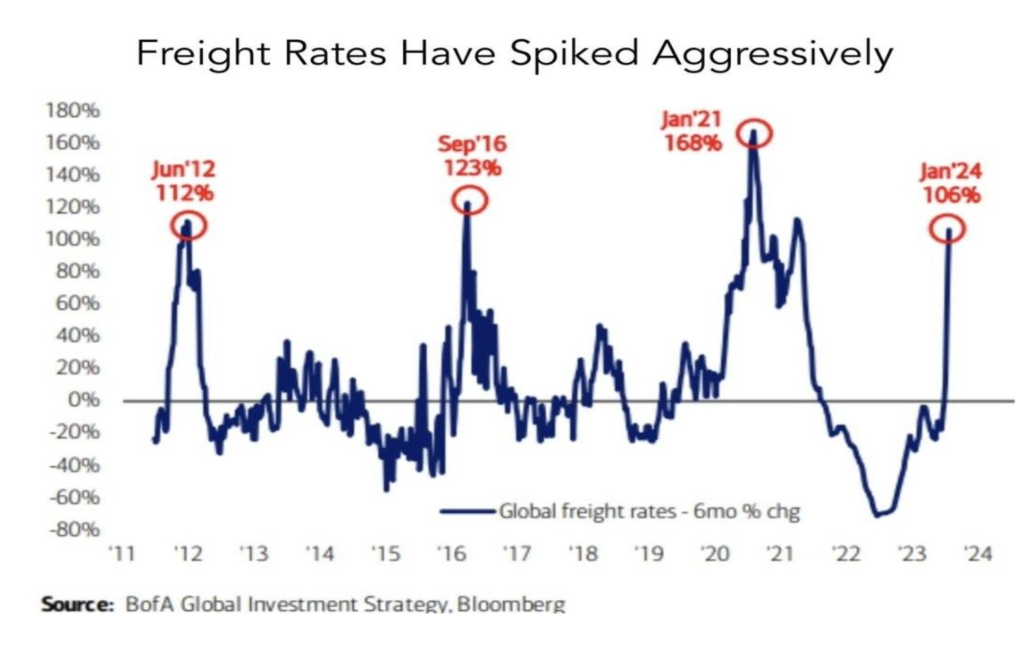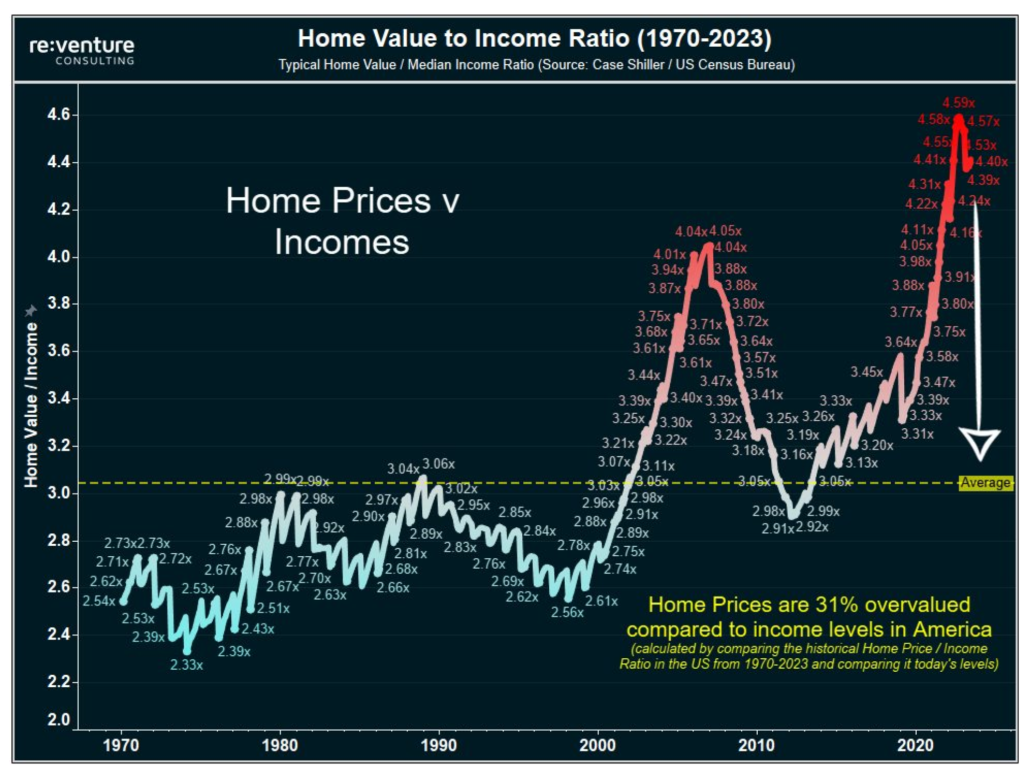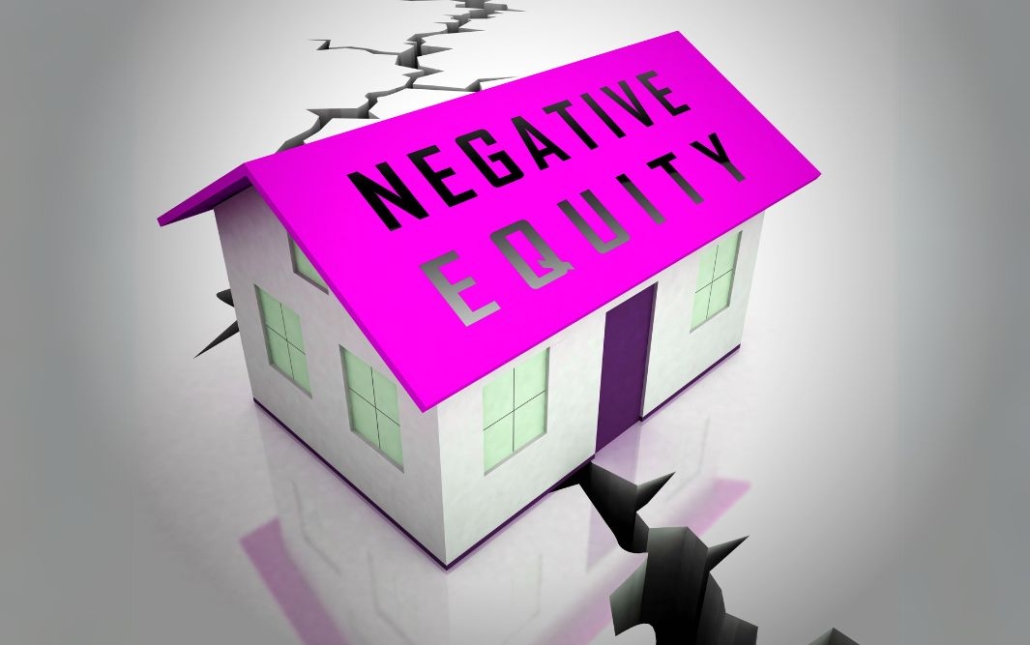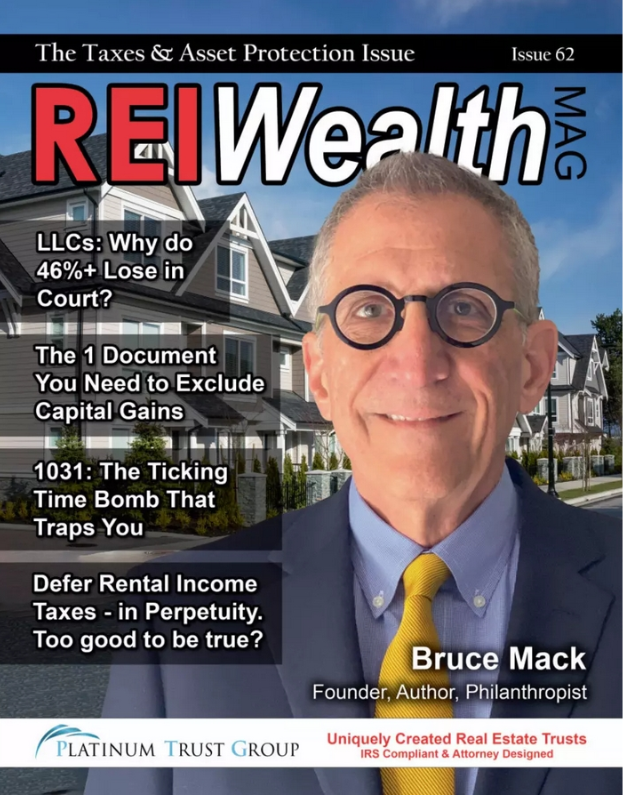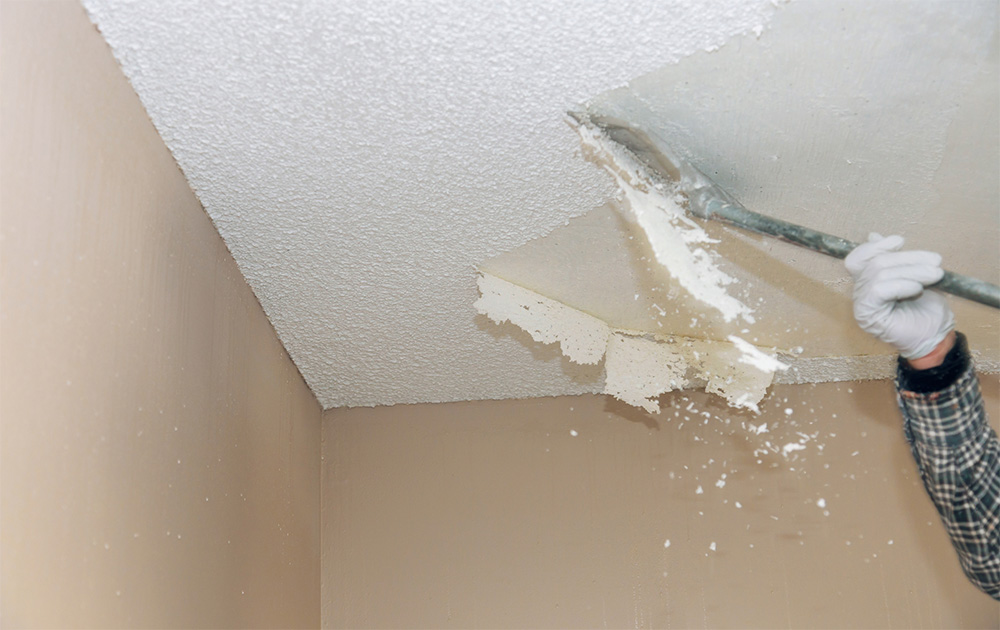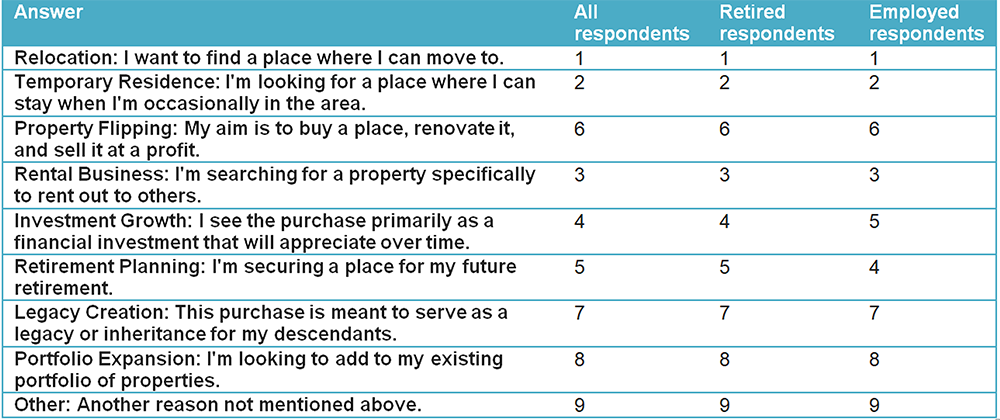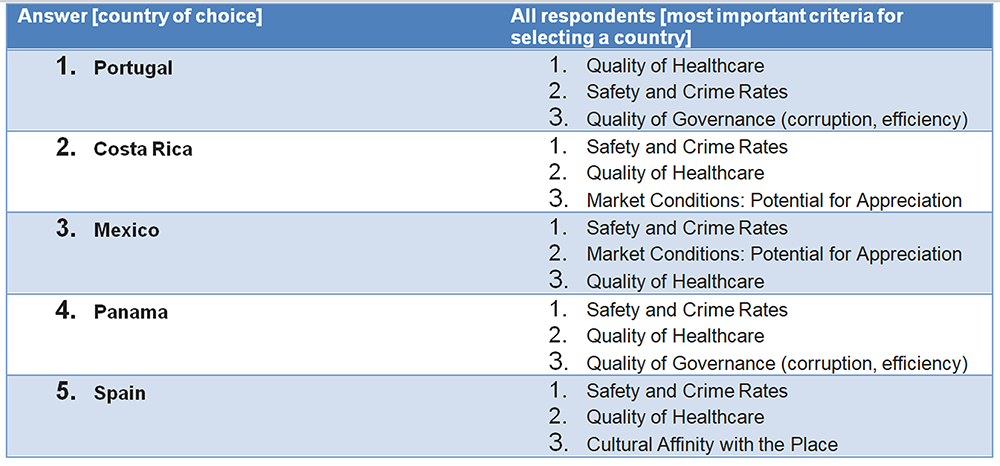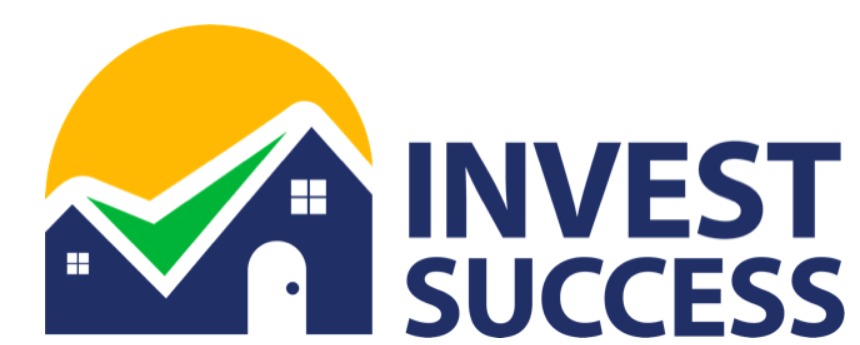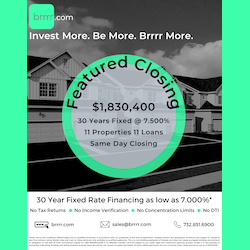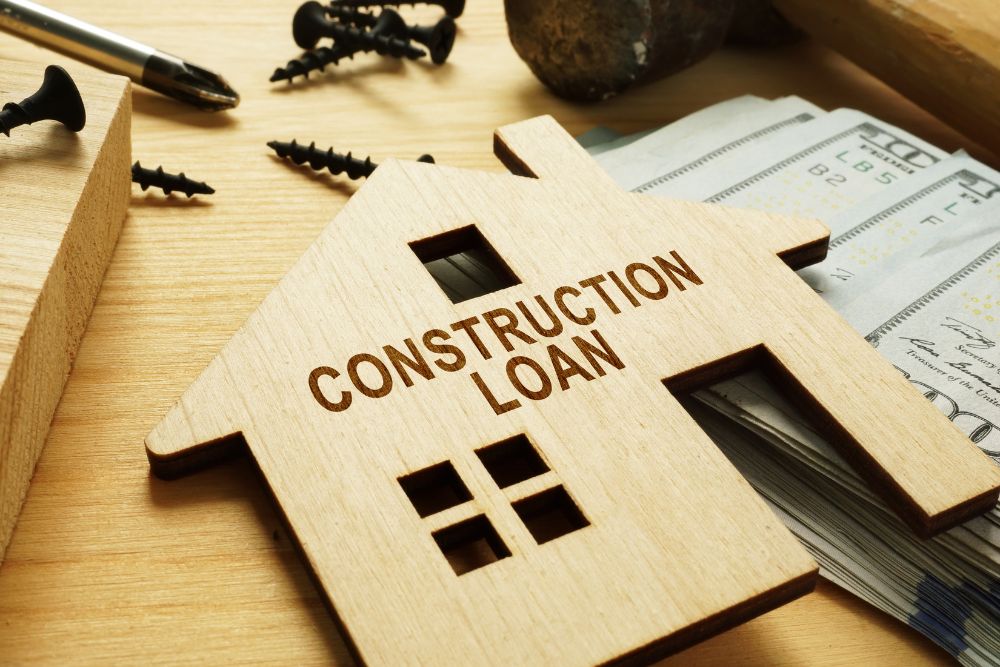Tax Deeds & Tax Lien Sales Investing – Part 1
When homeowners fail to pay real estate (property) taxes, the government has the right to sell their property in a state “tax sale”. In a Tax Lien state, homeowners have an opportunity to pay back the amount owed within a specific time frame even after their property has been “sold” to an investor. The investor may be paid back with interest. Should homeowners miss the pay deadline, the investor becomes owner of the property at great savings. In a Tax Deed state, investors bid for immediate ownership of a property or are eligible for the deed and ownership of the property after a redemption period passes.

By law, Tax Deed sales must be announced to the public, and are usually sold to the highest bidder. The winning bidder purchases the deed to a piece of property, becoming the new owner and obtaining all rights to the property – clear of any mortgages, liens, deeds of trust, etc.
One interesting thing to note is very few people know much about Tax Deed sales. So, competition may not be as fierce in this niche as it is in others.
Why Is Tax Lien & Deeds a Good Investing Niche to Consider?
- Tax Deeds are sold in almost every state throughout the United States. 50 states are governed by state-mandated laws to protect & reward investors.
- You can pick Your Price. Research the list and pick ones out that are in your price range.
- You can obtain properties which allow for all types of exit strategies (flip, rent, or live).
- Investors & Banks have been using this strategy for over 150 years.
- The rules vary from state to state. In certain circumstances you can obtain an entire property for only the taxes and penalties owed. Generally, you will pay between 50 to 90 percent below market price.
article continues after advertisement

General Downsides of Investing in Tax Lien & Deeds Niche?
- Lacking Liquidity of Funds: In a Tax Deed transaction, you can have your money tied up for several years before you can sell the property, because title companies may not issue title insurance on the property until all liens are cleared, and it is obvious that clear title can be granted. This process will sometimes take more than a year. Fixing up and or remodeling properties to maximize your eventually sale can also take considerable time.
- Time and Complexity: Tax Deed laws vary from state to state and sometimes from county to county within a state. This requires a time commitment to learn the rules of a state and its counties, research properties and attend auctions. In addition title companies sometimes will not issue title insurance for at least the first year on any property bought at a Tax Deed sale. This means it could be hard to get a loan until it is clear.

Investing Risk: Purchasing property at a Tax Deed sale definitely has risks if you have not done extensive due diligence. You must do your homework, title searches, drive buy inspections, history reports etc. Once you buy a Tax Deed, you will own the property including all of it potential problems. The major thing to keep in mind is that at a Tax Deed sale, unlike a Tax Lien sale, you are buying the real estate and we believe that the required level of due diligence becomes extremely high. The other thing you want to know at a Tax Deed sale is if the property is being purchased free of all other liens and encumbrances. There are a number of states where this is true and a few where it is not true. You need to make sure that you get what you paid for. This requires knowledge of what the values are and what the potential hazard could be.
In summary, Real Estate tax sale laws vary from state to state, as do the redemption periods, and there are risks investors should be aware of in addition to the potential rewards of buying tax sale properties.
Pros and Cons of Tax Lien & Tax Deed Sales

TAX LIENS: A lien is a financial claim made against a property. A Tax Lien is a claim for unpaid property taxes issued by the local taxing authority. Failure to pay real estate taxes is one of the leading causes of distressed properties leading to home loss. Investors typically buy Tax Lien properties through an auction after a homeowner fails to heed warnings by the tax authority to pay property taxes. Most states allow homeowners to reclaim their property by paying off the debt in full by a certain date. This is called the “Redemption Period”. The redemption period offered varies from state to state. However, in some locations, investors may have to wait two full years before being paid back or gaining the deed for the property.
Tax Lien Pros
- Possibility of good returns in interest (up to 24 percent in some states) paid by homeowners.
- Possibility of owning property at a fraction of its true value.
- Option to sell, rent or hold the property for additional profit once title is held.
- Lower Investment Risk: If the homeowner doesn’t pay up, the tax purchaser is first in line to own the property. No tenants, banks or brokers to deal with.
article continues after advertisement

Tax Lien Cons
- May Not Make Any Money: There is no guarantee the homeowner will pay off taxes and interest on the lien. The process of getting the deed at the end of the redemption period isn’t simple and may require a lawyer.
- Required Capital: You must pay what is typically a large amount of cash for your bid at the tax sale. You definitely will need more capital to buy properties at Tax Deed sales. Although it varies from property to property, from county to county, and even from state to state, you will likely need a minimum of $5,000 to $10,000 to get started in Tax Deed investing. A good credit rating may also be necessary to sign finance contracts. Check local rules and regulation as well as the history of Tax Deed auctions in an area to get a feel for the capital you may need.
- Uncertainty of property condition: With no prior home inspection, there is no guarantee of the property’s condition or value.
- Property Owner may Be Foreclosed on: If you foreclose, you are stuck with the hassle of selling the property from which you may profit but on the other hand you may not recoup your initial investment.
TAX DEEDS: A Tax Deed is a legal document indicating ownership of property, also referred to as “title.”When the government intervenes to put properties delinquent in real estate tax payments up for auction, investors can pay the back taxes and own the property for well below market value. To locate and invest in Tax Deed sales, check local newspapers, local tax collectors or the Internet, where many websites post relevant information.
Tax Deed Pros

- Quick and easier way to become a property owner.
- Opportunity to acquire existing equity.
- Opportunity to purchase property directly from the property owner at bargain-basement prices prior to a Tax Deed sale.
Fortunately, investors who sow the seeds of diligent research can reap the rich rewards of tax property sales. DUE DILIGENCE is required for Tax Lien and Tax Deed investing deals. This concludes my article on Investing in Tax Deeds and Tax Lien Sales – PART 1.
Please watch for my next investing article that will wrap up all you need to know to start investing in Tax Deeds and Tax Lien Sales – PART 2. I’ll be going over the steps real estate investors should take for Tax Lien and Tax Deed Investing deals.

Tamera Aragon
Tamera Aragon is a professional online entrepreneur and has bought and sold over 300 properties, establishing her as an expert in the real estate investing field. Since 2003, she has purchased over 10 million dollars in real estate and currently holds properties all over the world. Tamera’s focus is on the booming Foreclosure market, buying Pre-foreclosures, REOs and Short Sales. Tamera who is a noted Author, Success Trainer, Speaker & Coach, shows her passion for helping others with the 17 websites she has created and several specialized products to support fellow investors throughout the world. When Tamara is not busy running her website, she is very involved with her Fiji joint ventures and investments. Tamera Aragon is one of the few trainers and coaches who is really “doing it” successfully in today’s market. Tamera’s experience has earned her a solid reputation in the industry as well as the respect and friendship of many of the top national real estate investment and internet marketing experts. Tamera Aragon believes her success has garnered her the financial freedom to fully enjoy her marriage and spend quality time with her children.
Learn live and in real-time with Realty411. Be sure to register for our next virtual and in-person events. For all the details, please visit Realty411Expo.com or our Eventbrite landing page, CLICK HERE.




